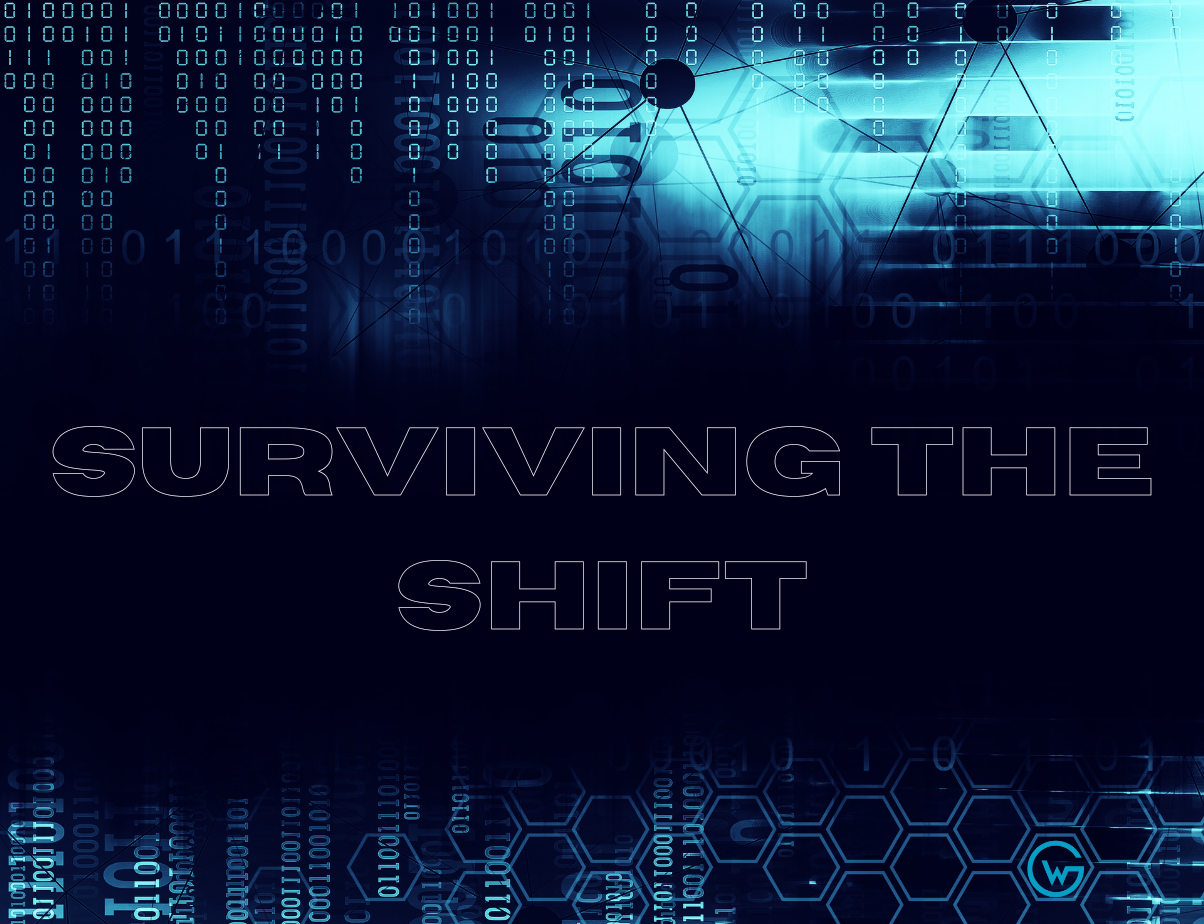Navigating the Unpredictable: How Digitalization is Changing Buyer Behavior and the Economy

The impact of digitalization on the economy has heavily influenced how people make purchases. Businesses nowadays need to be quick, attentive, and understanding. The COVID-19 pandemic saw millions of new people embrace online shopping, as it offered a safe and convenient alternative to in-store buying.
Retail companies with brick-and-mortar stores had to adapt swiftly to this shift. Many bolstered their online presence, offered curbside pickup, and reevaluated their supply chains to meet the surge in online demand.
These adaptations were crucial in staying relevant and competitive in a market where consumer preferences were evolving at an unprecedented rate. Companies that can swiftly adapt to future changes through modernized technology will emerge victorious.
Read on to learn more about the rise of digitalization, its impact on buyer behavior and the economy, and how businesses can navigate this often unpredictable terrain.
The Rise of Digitalization
Digitalization refers to converting information into a digital format and leveraging digital technologies to improve processes, services, and products. The internet, smartphones, and IoT devices have drastically changed our communication, work, and lifestyle. The last decade has witnessed a surge in digital technologies, reshaping several industries.
For example, Machine-as-a-Service (MaaS) involves offering machinery coupled with a suite of digital services on a subscription basis, much like software. This model reshapes industries such as manufacturing, where companies can access cutting-edge machinery and analytical tools instead of purchasing expensive equipment.
This reduces upfront costs and allows for real-time data analysis and predictive maintenance, optimizing performance and efficiency. Such innovative applications of digitalization continue to open new horizons and redefine the possibilities across diverse sectors.
Impact of Digitalization on Various Industries
From healthcare and education to finance and retail, digitalization has revolutionized industries. For example, telemedicine and electronic health records have enhanced patient care. Online education has opened up learning opportunities for millions. Mobile banking has revolutionized the financial industry, and e-commerce has significantly changed the retail sector.
Changing Buyer Behavior in the Digital Age
In the age of instant gratification, consumers expect seamless and swift interactions with brands. Digitalization has enabled customers to make informed decisions by comparing products and reading reviews online.
Consumers are now embracing smartphones to research products while standing inside a brick-and-mortar store. They’re also increasingly buying directly from their phones, as companies have invested money in creating easy-to-use mobile shopping platforms.
Social media is a powerful platform for brands to connect with their customers and sway their choices. Businesses can use advanced on-demand software tools to keep track of brand mentions in social media chats around the clock. Check out our buyer persona development tool here.
Role of e-Commerce and Online Shopping
E-commerce has changed shopping, letting people buy from home and causing a drop in physical stores. Online shopping offers more options and ease, with customers wanting fast shipping and simple returns. Companies have had to rework deals with carriers like UPS and FedEx to stay profitable.
Online reviews and influencers greatly influence opinions and buying choices. Brands are using social media for advertising and customer interaction. In this dynamic landscape, businesses must continuously adapt and innovate to meet the evolving demands and expectations of the online consumer. The alternative is disengaged customers, fewer sales, and a stagnant brand compared to the competition.
Digitalization and the Economy
Digitalization has given birth to new economic models like the sharing economy and gig economy. It has enabled businesses to scale globally at a fraction of the traditional costs and fostered innovation.
By streamlining processes and enabling innovation, digitalization contributes to economic growth and productivity. Automation and AI are examples of how digital technologies can enhance efficiency.
Effects of Digitalization on Employment and Job Markets
While digitalization has created new job opportunities in tech-driven sectors, it has also led to job displacement in others. Reskilling and upskilling have become essential for workforce adaptation.
The success of fintech companies like PayPal and Square illustrates how digitalization can disrupt traditional banking and finance sectors. Similarly, the rise of remote work during the COVID-19 pandemic demonstrates the flexibility and resilience that digitalization can bring to the economy.
Navigating the Unpredictable: Strategies for Businesses
Embracing digital transformation is essential for survival in the face of fierce competition and changing consumer preferences. Investing in innovation, automation, and data analytics can drive growth. Businesses can also expand globally through digital platforms and create new revenue streams.
Understanding consumer data, engaging with customers through social media, and adapting to e-commerce trends is vital. Creating seamless omnichannel experiences and providing value to the customers is crucial.
What Does the Future Hold?
Digitalization is an unstoppable force continuously reshaping buyer behavior and the economy. As we move forward, the companies that embrace change, remain agile, and place the customer at the center of their strategies will thrive.
For businesses navigating this digital age, the mantra should be adaptability, innovation, and empathetic engagement with the customer. The future is unpredictable, but those willing to evolve will be well-positioned to shape and succeed in it.

